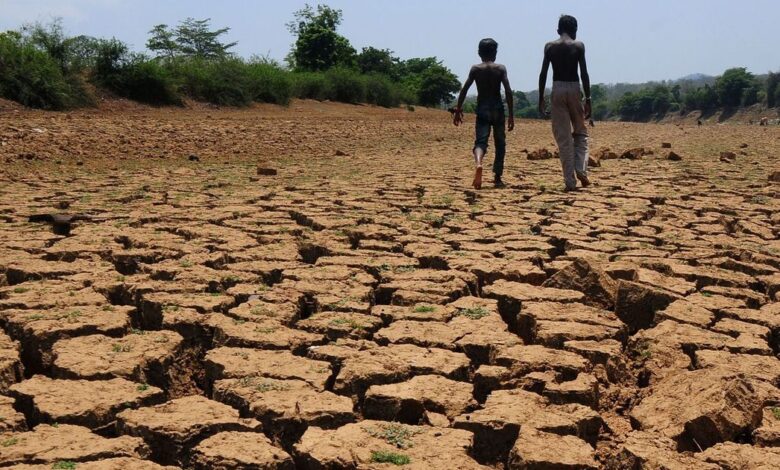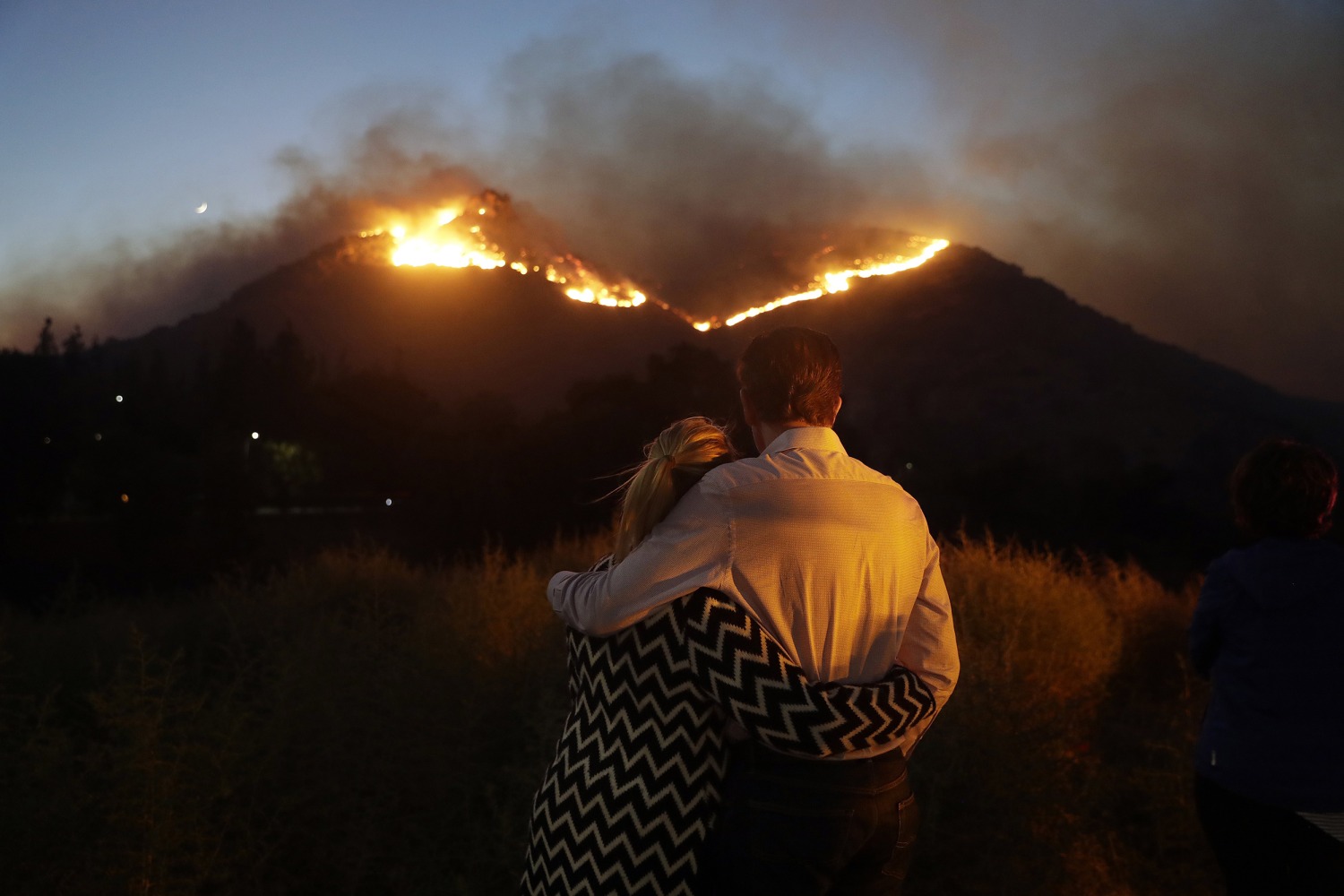From Crisis to Consciousness!!

Each year, on June 5th, the world pauses to celebrate World Environment Day, an occasion designated for awareness, reflection, and action. But over time, the sincerity of this celebration has come under scrutiny.
Has it turned into another ritual, rich in symbolism yet poor in substance?
Has it become more of a ceremonial event than a transformative force?
Our environmental crisis is getting worse day by day: climate change, rampant deforestation, polluted air and water, biodiversity collapse and the breakdown of ecological systems.
These are not distant threats; they are immediate, undeniable realities. Yet, paradoxically, we continue on with business as usual. We grieve the loss of nature in one breath and indulge in unsustainable consumption in the next. Our habits remain largely unchanged, and the environment becomes a convenient canvas for token guilt relief, a flurry of hashtags, photo-ops, and corporate greenwashing (Hickel 2020).
At its core, climate change is not merely an environmental or technological issue it is a mirror reflecting the deep discontent and disconnection within the human psyche. We often speak of rising temperatures and melting ice caps as though nature is in rebellion. But as philosopher Jiddu Krishnamurti once noted, “It is no measure of health to be well adjusted to a profoundly sick society” (Krishnamurti 2021). Nature is not revolting. Humanity is unraveling. The crisis is not “out there”, it’s inside us.
Climate change, then, is a symptom, not the root cause. It reflects centuries of materialism, unchecked desire, and a culture driven by consumption rather than contemplation. The earth is warming, yes, but that warming reflects an internal heat: ambition, restlessness, greed (Klein, Naomi 2014).
While global leaders negotiate carbon credits and engineers race for cleaner technologies, these efforts, though important, are not sufficient. As environmentalist Gus Speth famously stated:
“I used to think the top environmental problems were biodiversity loss, ecosystem collapse, and climate change. But I was wrong. The top environmental problems are selfishness, greed, and apathy… to deal with those issues, we need a spiritual and cultural transformation, and we scientists do not know how to do that” (Speth 2012)
Indeed, no policy or innovation can substitute for a shift in human consciousness. Without self-awareness, we become unwitting agents of destruction, consuming not just nature but relationships, time, and meaning.
Forests, wetlands, oceans, and soil, all essential carbon sinks and climate stabilizers, are under assault. Forests absorb nearly one-third of fossil fuel emissions annually, yet deforestation for agriculture and logging continues (Nations). Oceans, which absorb over 90% of excess heat from greenhouse gases, are acidifying and losing oxygen, affecting marine ecosystems and food chains (AR6 Synthesis Report: Climate Change 2023).
As these natural systems weaken, climate instability intensifies. Unpredictable monsoons, heatwaves, floods, and wildfires are not just data points; they are evidence of a biosphere in shock.

The dominant global economic model, driven by perpetual growth and hyper-consumption, is not just ecologically flawed; it is philosophically bankrupt. The more we chase comfort, luxury, and convenience, the more we destabilize the very foundations of life.
Global emissions now exceed 58 gigatons of CO₂-equivalent annually, primarily from fossil fuels, agriculture, and industrial activity (Emissions Gap Report 2023). But here’s the moral dilemma: the majority of emissions are for pleasure, not necessity.
And the burden is unequally borne. While the top 1% of global emitters were responsible for over 16% of global CO₂ emissions, the bottom 50% contributed just 7% yet they suffer disproportionately from the impacts: floods in Bangladesh, heatwaves in India, droughts in Sub-Saharan Africa (World Inequality Report 2022).
Ironically, those most responsible for the ecological breakdown are often the very people we idolize. Billionaires with private jets, influencers with fast fashion hauls, and political leaders boasting GDP growth even when it comes at the planet’s cost are glorified. We applaud their success, unaware that we are applauding those who are poisoning the well we all drink from.
Vedantic wisdom reminds us: action without awareness is noise, loud, reactive, and ultimately destructive. Only a mind anchored in clarity and self-knowledge can perceive rightly and act wisely (Nityananda 2023).
If World Environment Day is to mean anything, it must become more than a PR opportunity or a performative obligation. It must be an opportunity for a collective inner audit. Not another speech, but a moment of deep inquiry:
How do I live?
What do I consume?
What do I value?
Whom do I glorify?
Environmental change starts with individual change. A climate-resilient world requires climate-aware people.
May this day inspire a deeper awareness, not only of the planet’s suffering, but of our habits, our needs, and our role.
Let this World Environment Day represent a shift from slogans to silence, from consumption to awareness, from imitation to understanding.




